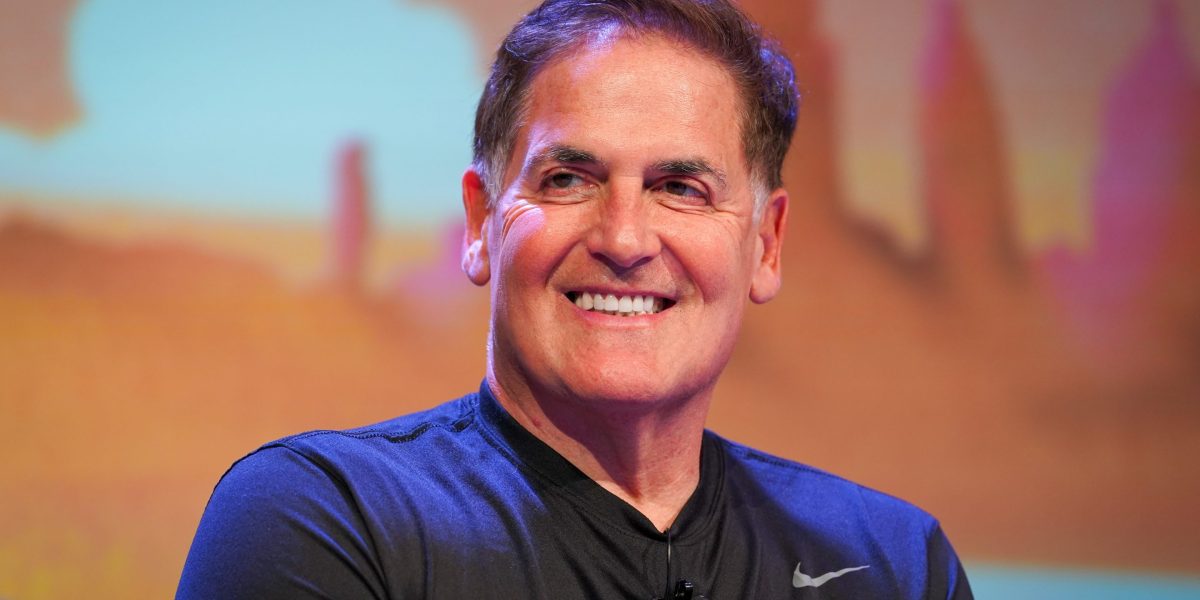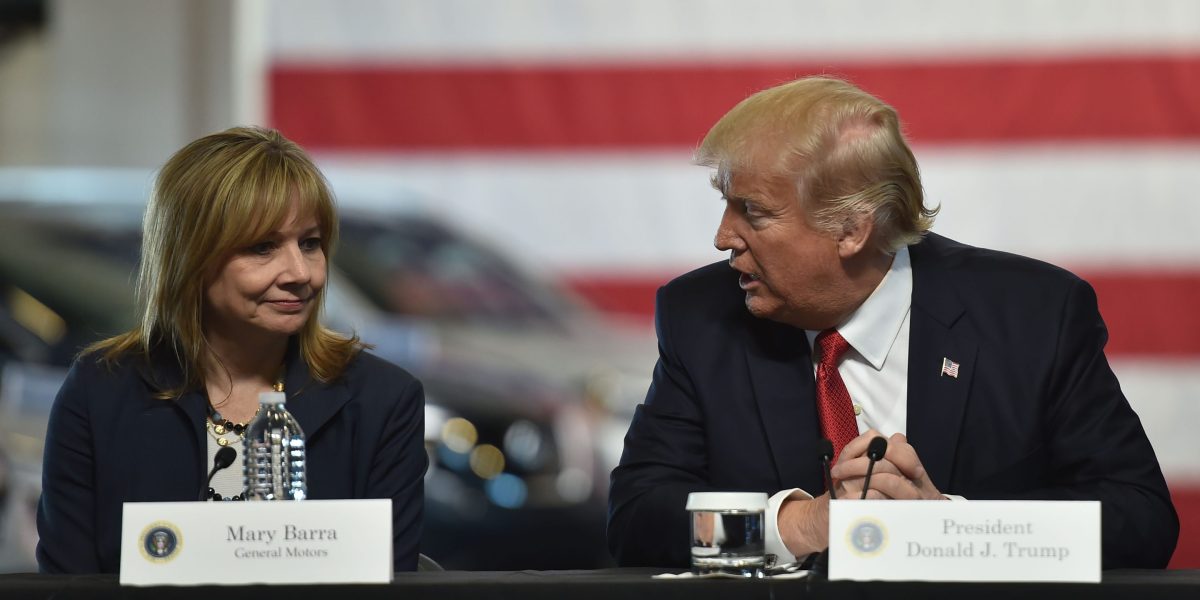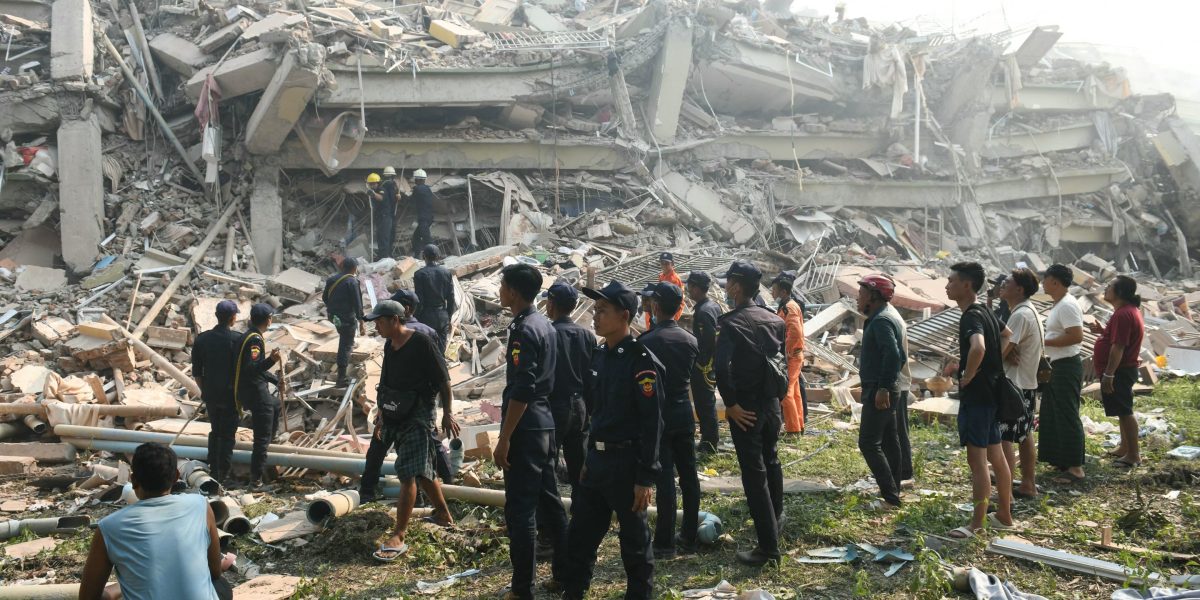A unilateral partial ceasefire to facilitate earthquake relief efforts was announced on Saturday by Myanmar’s shadow National Unity Government, which coordinates the popular struggle against the ruling military. The country’s death toll from the disaster soared to 1,644.
The figure was a sharp rise compared to the 1,002 announced just hours earlier, highlighting the difficulty of confirming casualties over a widespread region and the likelihood that the numbers will continue to grow from Friday’s 7.7 magnitude quake. The number of injured increased to 3,408, while the missing figure rose to 139.
The number of dead also rises in Thailand
In neighboring Thailand, the death toll increased to 10. The quake rocked the greater Bangkok area, home to around 17 million people, and other parts of the country. Many places in the north reported damage, but the only casualties were reported in Bangkok, the capital.
Nine of the fatalities were at the site of the collapsed high-rise under construction near Bangkok’s Chatuchak market, while 78 people were still unaccounted for.
On Saturday, more heavy equipment was brought in to move the tons of rubble, but hope was fading among friends and relatives.
“I was praying that that they had survived, but when I got here and saw the ruin — where could they be? said 45-year-old Naruemol Thonglek, sobbing as she awaited news about her partner, who is from Myanmar, and five friends who worked at the site.
Aid efforts in Myanmar hindered by damage to airports
In Myanmar, rescue efforts so far are focused on the major stricken cities of Mandalay, the country’s No. 2 city, and Naypyitaw, the capital.
But even though teams and equipment have been flown in from other nations, they are hindered by damage to airports. Satellite photos from Planet Labs PBC analyzed by The Associated Press show that the earthquake toppled the air traffic control tower at Naypyitaw International Airport as if sheered from its base.
It wasn’t immediately clear if there had been any casualties from its collapse.
Myanmar’s civil war also an obstacle
Another major complication is the civil war roiling much of the country, including the quake-affected areas. In 2001, the military seized power from the elected government of Aung San Suu Kyi, sparking what has since turned into significant armed resistance.
Government forces have lost control of much of Myanmar, and many places are incredibly dangerous or simply impossible for aid groups to reach. More than 3 million people have been displaced by the fighting and nearly 20 million are in need, according to the United Nations.
The interplay of politics and disaster was demonstrated Saturday night, when Myanmar’s shadow National Unity Government announced a unilateral partial ceasefire to facilitate earthquake relief efforts.
It said its armed wing, the People’s Defense Force, will implement a two-week pause in offensive military operations starting Sunday in earthquake-affected areas and it would also collaborate with the U.N. and international nongovernmental organizations “to ensure security, transportation, and the establishment of temporary rescue and medical camps,” in the areas it controls.
The resistance organization said it reserved the right to fight back in defense if attacked.
Extensive damage in cities
The earthquake struck midday Friday with an epicenter not far from Mandalay, followed by several aftershocks, including one measuring 6.4. It sent buildings in many areas toppling to the ground, buckled roads and caused bridges to collapse.
In Naypyitaw, crews worked Saturday to repair damaged roads, while electricity, phone and internet services remained down for most of the city. The earthquake brought down many buildings, including multiple units that housed government civil servants, but that section of the city was blocked off by authorities on Saturday.
An initial report on earthquake relief efforts issued Saturday by the U.N. Office for the Coordination of Humanitarian Affairs said that it’s allocating $5 million from a Central Emergency Response Fund for “life-saving assistance.”
The immediate planned measures include a convoy of 17 cargo trucks carrying critical shelter and medical supplies from China that is expected to arrive on Sunday, it said.
It noted the severe damage or destruction of many health facilities, and warned of a “severe shortage of medical supplies is hampering response efforts, including trauma kits, blood bags, anaesthetics, assistive devices, essential medicines, and tents for health workers.”
Allies bringing in rescue crews and relief materials
Myanmar’s friends and neighbors have already brought in rescue personnel and relief materials. China and Russia are the largest suppliers of weapons to Myanmar’s military, and were among the first to step in with humanitarian aid.
In a country where prior governments sometimes have been slow to accept foreign aid, Senior Gen. Min Aung Hlaing, head of the military government, said that Myanmar was ready to accept outside assistance.
China said it has sent more than 135 rescue personnel and experts along with supplies like medical kits and generators, and pledged around $13.8 million in emergency aid. Russia’s Emergencies Ministry said that it had flown in 120 rescuers and supplies, and the country’s Health Ministry said Moscow had sent a medical team to Myanmar.
Other countries like India, South Korea, Malaysia and Singapore are also sending help, and U.S. President Donald Trump said Friday that Washington was going to help with the response.
The ceasefire plan announced by the opposition National Unity Government also proposed to provide health care professionals loyal to its resistance movement to work with international humanitarian organizations to deliver emergency rescue and medical services in areas under the military’s control, if provided with safety guarantees.
The military has heavily restricted much-needed aid efforts to the large population already displaced by war even before the earthquake. Sympathizers of the resistance have urged that relief efforts incorporate aid freely transported to areas under the control of the resistance, so it can’t be weaponized by the army.
There was no immediate comment by the military to the announcement.
Military forces continued their attacks even after the quake, with three airstrikes in northern Kayin state, also called Karenni state, and southern Shan — both of which border Mandalay state, said Dave Eubank, a former U.S. Army Special Forces soldier who founded the Free Burma Rangers, a private aid organization.
Eubank told the AP that in the area he was operating in, most villages have already been destroyed by the military so the earthquake had little impact.
“People are in the jungle and I was out in the jungle when the earthquake hit — it was powerful, but the trees just moved, that was it for us, so we haven’t had a direct impact other than that the Burma army keeps attacking, even after the quake,” he said.
Earthquakes are rare in Bangkok, but relatively common in Myanmar. The country sits on the Sagaing Fault, a major north-south fault that separates the India plate and the Sunda plate.
Brian Baptie, a seismologist with the British Geological Survey, said that the quake caused intense ground shaking in an area where most of the population lives in buildings constructed of timber and unreinforced brick masonry.
“When you have a large earthquake in an area where there are over a million people, many of them living in vulnerable buildings, the consequences can often be disastrous,” he said in a statement.
This story was originally featured on Fortune.com
Source link


 Entertainment8 years ago
Entertainment8 years ago
 Politics8 years ago
Politics8 years ago
 Entertainment8 years ago
Entertainment8 years ago
 Entertainment8 years ago
Entertainment8 years ago
 Tech8 years ago
Tech8 years ago
 Tech8 years ago
Tech8 years ago
 Politics8 years ago
Politics8 years ago
 Tech8 years ago
Tech8 years ago







